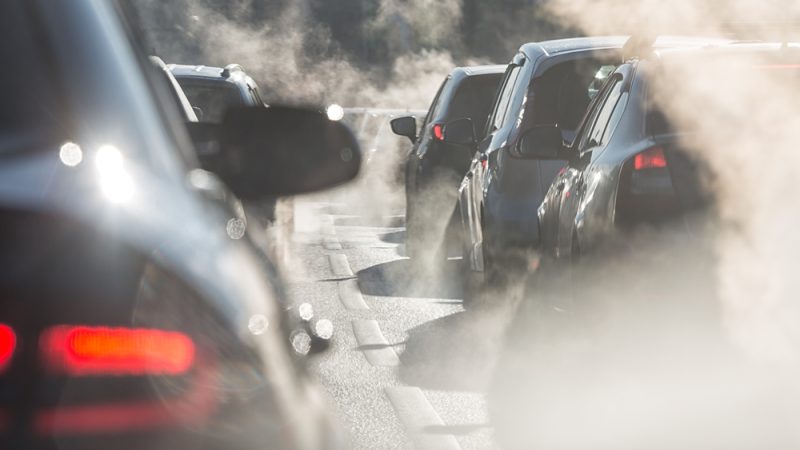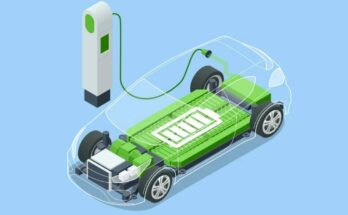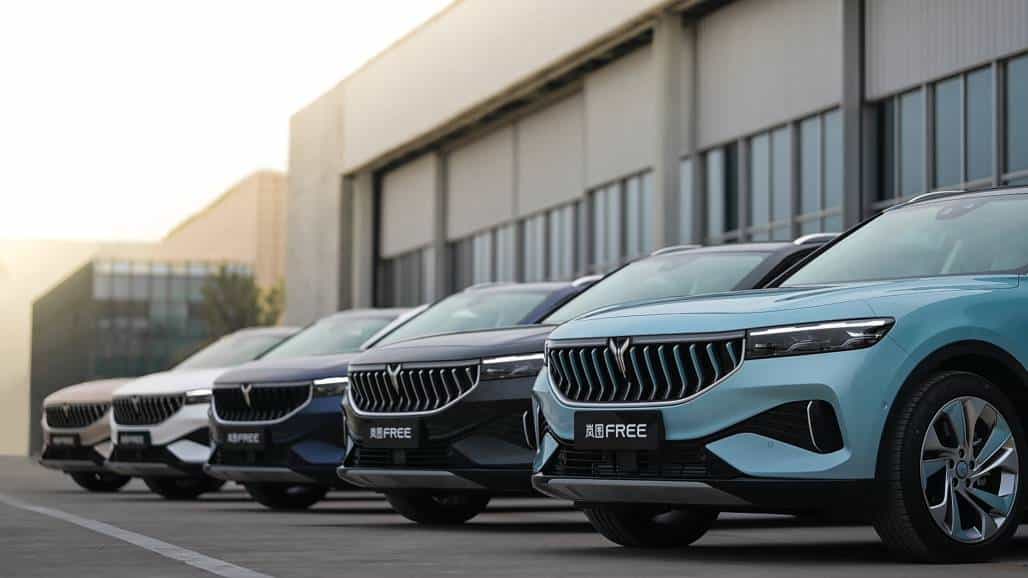The Council of the European Union has agreed not to change the current emissions limits or testing conditions for passenger cars, SUVs, and light commercial vehicles with the switch from Euro 6 to Euro 7 regulations.
In a win for Europe’s major car manufacturers, the tough new measures originally proposed under Euro 7 – which some car-makers argued would make combustion-engined vehicles, particularly smaller cars, unviable overnight – have been weakened to the point where only heavy commercial vehicles and buses now face “slightly adjusted” limits.
There will also be a limit on “non-exhaust emissions” like particles from brakes and tires as well as minimum performance requirements for battery durability in EVs, plus stricter vehicle lifetime requirements. The legislation, which is set to take effect in 2025, still needs to be approved by the European Parliament, but the European Council’s choice to maintain the status quo should now allow its “negotiating position” to be upheld.
Related: Euro 7 and Our Affection with Euro 2
The industry agreed to the backpedal on the grounds that stricter new emissions regulations might force automakers to abandon their ongoing research and development of electric vehicles (EVs) in favor of internal combustion engine (ICE) technology as they work toward the mandated goal of banning all new ICE cars and light commercial vehicles (LCVs) in Europe by 2035.
While some European automakers are already moving away from ICE vehicles, major players like the Stellantis group—which includes Jeep, RAM, Peugeot, Citroen, Alfa Romeo, and Maserati—have fought hard and successfully to block the proposed Euro 7 regulations, which would have effectively mandated EVs for the majority of Europe’s new vehicle fleet.

In a statement, Council of the EU member and Spain’s acting industry and trade minister, Hector Gomez Hernandez, said:
“Our position is to continue the path of leading the mobility of the future and adopting realistic emissions levels for the vehicles of the next decade while helping our industry make the definitive leap towards clean cars in 2035. We believe that, with this proposal, we achieved broad support, a balance in the investment costs of the manufacturing brands and we improve the environmental benefits derived from the regulation.”
Hernandez’s comments were echoed by Italy’s industry minister Adolfo Urso, who said the new regulations would “safeguard the automotive supply chain of small-volume manufacturers” like Ferrari, Lamborghini, and Maserati, symbols of ‘Made in Italy’ that produce around 50,000 cars a year. Representing the Italian automotive industry ANFIA lobby group President Roberto Vavassori also praised what he said was a “pragmatic and rational approach”.
Related: Euro 2 in Pakistan, A Decade!
Notably, automakers may now be forced to guarantee that their vehicles are carbon-neutral if they intend to use synthetic e-fuels to extend the life of their combustion-engined vehicles beyond 2035.
According to Reuters, which cited a draft document, the EU is planning to impose the carbon-neutral standard in response to Germany’s desire for an exception to the ICE sales ban for vehicles powered by e-fuel. There may be fewer companies betting on e-fuel because the exemption requirements, standards, and testing processes are rumored to be considerably more severe than those pending for large commercial vehicles under Euro 7.

A computer animation professional with over 23 years of industry experience having served in leading organizations, TV channels & production facilities in Pakistan. An avid car enthusiast and petrolhead with an affection to deliver quality content to help shape opinions. Formerly written for PakWheels as well as major publications including Dawn. Founder of CarSpiritPK.com




